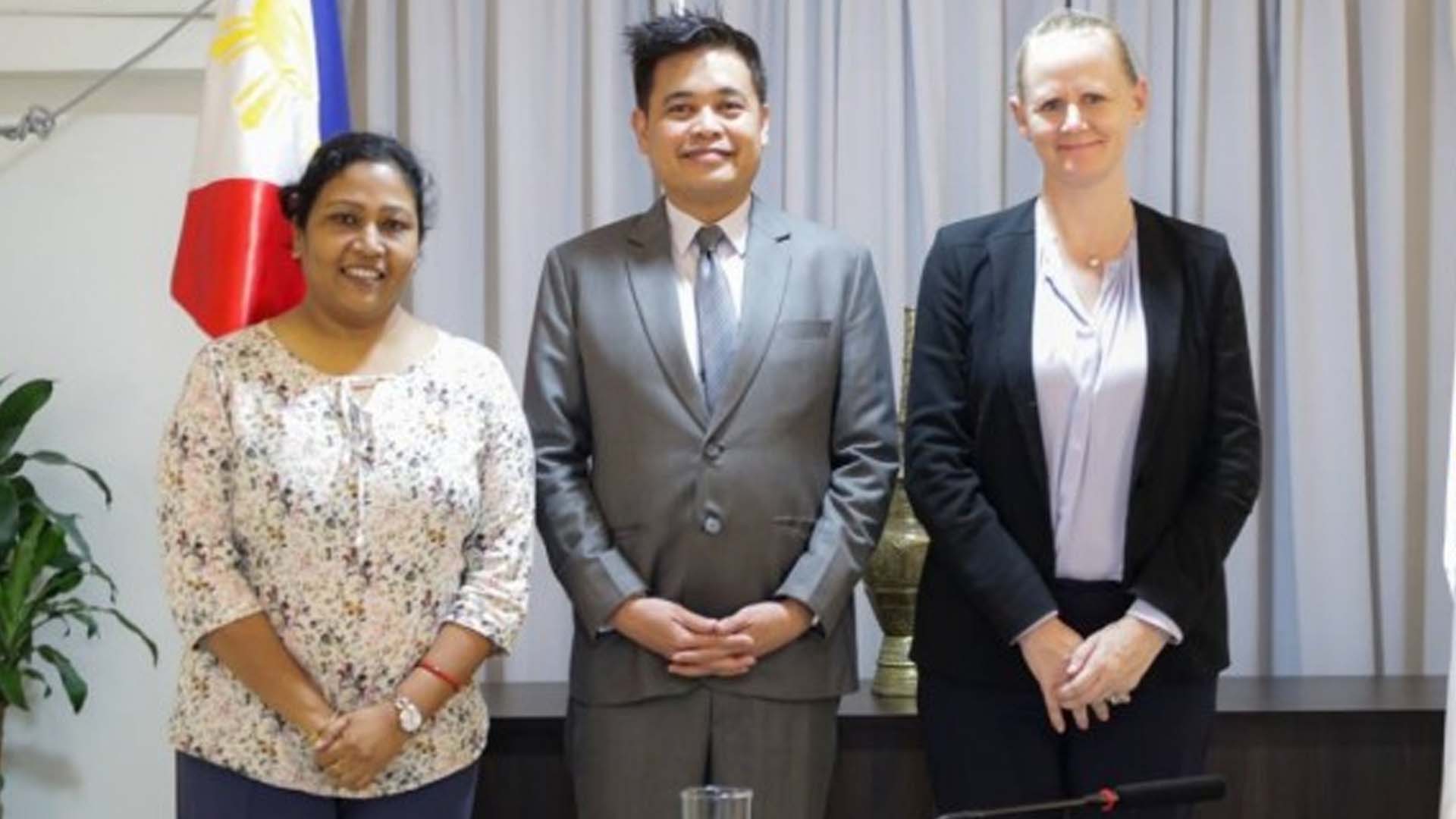The Climate Change Commission (CCC), UN Women, and the United Nations Environment Programme (UNEP) have affirmed their shared commitment to further strengthen women in the Philippines in climate change representation, adaptation and mitigation, and climate-resilient livelihood formation.
In a meeting on Nov. 6, CCC Vice Chairperson and Executive Director, Secretary Robert E.A. Borje, welcomed Maria Holtsberg, Portfolio Lead for Humanitarian Action, Disaster Risk Reduction, and Climate Change at UN Women; and Dr. Parimita Mohanty, Programme Management Officer from UNEP.
The meeting primarily revolved around the EmPower project, a joint initiative of UN Women and UNEP, supported by the Government of Sweden, dedicated to creating climate-resilient societies in the Asia-Pacific region with a focus on gender equality and human rights.
The project aims to empower women and marginalized groups in the face of climate change through capacity building, technical assistance, and renewable energy activities.
Borje emphasized the necessity of addressing the uneven impacts of climate change on women and marginalized communities in the country.
“Women and marginalized communities have less access to resources, finance, technologies and information, leaving them more vulnerable to climate change challenges. They are also underrepresented in decision making related to climate change, disaster risk reduction and energy transition,” he said.
He shared the CCC’s commitment to collaborate with Barangay Health Workers, ensuring their role as vital climate change leaders.
“Our partnership with UN Women and UNEP signifies a shared commitment to creating sustainable solutions. Collaborating with diverse stakeholders, including local leaders and communities, can unlock transformative change, building a future where every woman has the resources and support to thrive amidst environmental challenges,” Borje said.
CCC Commissioner Rachel Anne Herrera highlighted the need for gender-responsive policies and gender equity models to support women and girls in climate action.
“Through tailored policies and inclusive approaches, we can harness the full potential of our communities, ensuring no one is left behind,” Herrera said.
Through strategic partnerships and targeted interventions, the three organizations vowed to further enhance the implementation strategies and ensure the successful execution of the EmPower project. (PNA)








